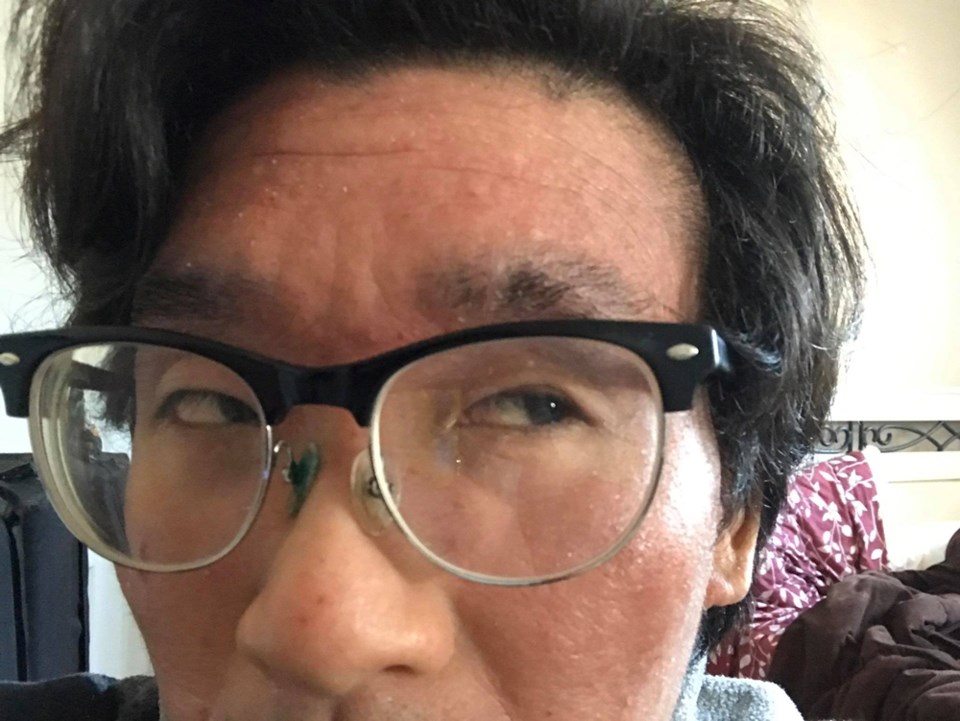The other day I went to a crowded cafe with a friend.
Within moments of us sitting down to eat, the bustling store cleared out.
“Maybe they’re afraid we have the virus,” he joked.
I realized then that I was the only one there who, stereotypically speaking, fit the description of someone with the disease.
I’m half Chinese. As a result of the news lately, people sometimes associate my face with the coronavirus.
For now, unless that keeps happening, I’m going to label that a coincidence. But in case you actually are afraid of me, fear not — it’s really I who should be afraid of you.
Let me explain. There’s an equation in my head that I’m trying to balance out.
You see, about a week ago, my doctor gave me a call and told me to stop taking methotrexate. It’s used as an immunosuppressant for autoimmune conditions.
So I stopped. Luckily, eliminating treatment will not endanger me. My condition is a very severe case of eczema. It’s not life-threatening, but it greatly impedes my ability to function on a day-to-day basis.
I think I’ll be fine for the near future. But now, I’m forced with the uncomfortable riddle of what to do if this virus drags out into the weeks, months or years.
Suppose down the road I have another bad eczema outbreak and become incapable of functioning at my job — what then?
I may have to consider taking some sort of immunosuppressant — they are the go-to treatment for when things get bad — so I can continue working. However, I will be exposed to the virus. Alternatively, I can soldier on without it, but my ability to perform may deteriorate. Worst case scenario, I may have to stop working. So then what? Can I pay for rent? Will I have health insurance? Medication, though subsidized, is not free. Without income, those things become question marks.
There’s another wrinkle to this equation.
No matter what medication I take, I’m also asthmatic, making me higher-risk regardless.
So here are the factors broken down.
Factor 1 — medication enables me to function.
Factor 2 — if I cannot function, I cannot work.
Everyone will have EI options if they find themselves in a situation where they cannot work for an extended period of time (up to 15 weeks) and the one week waiting period is waived if quarantined, but I am talking longer term.
Factor 3 — if I cannot work, I won’t be able to afford things like medication, food and shelter.
Factor 4 — if I take medication, I may endanger my life. But if I don’t take it and can’t function, I may eliminate my ability to earn a paycheque and sustain my life in the longer term.
Factor 5 — I’m high risk regardless, so am I just rearranging chairs on the Titanic?
Perhaps you can help me figure out this equation. I was never terribly great at math.



